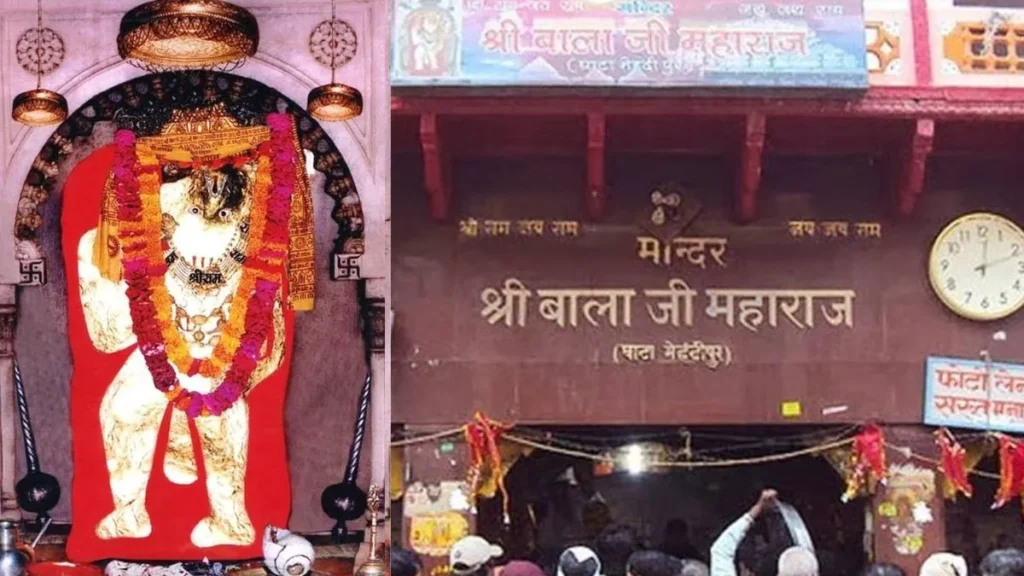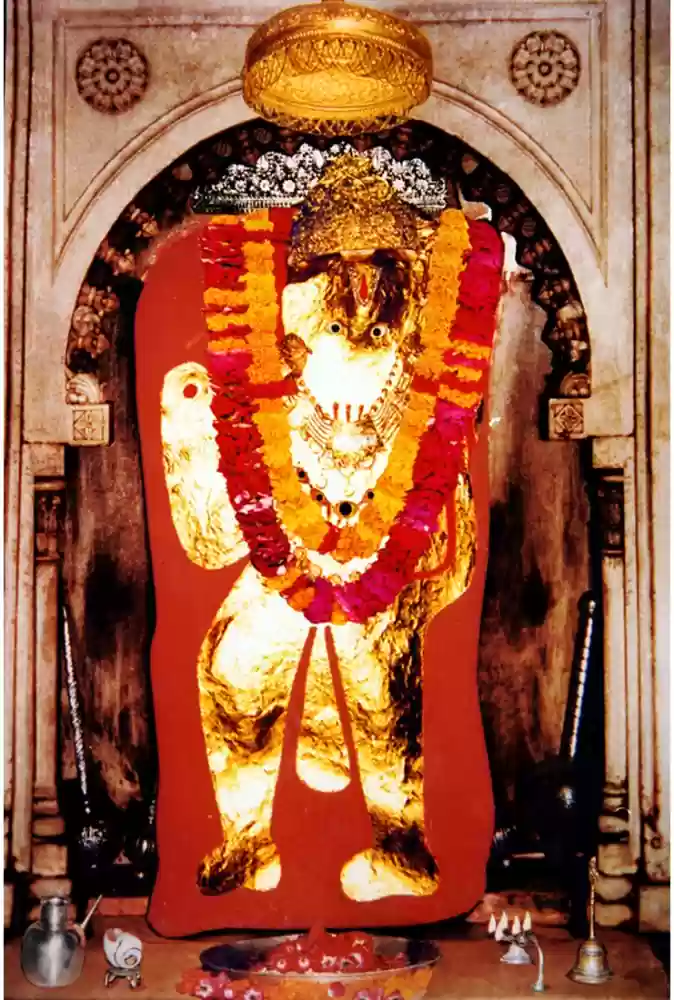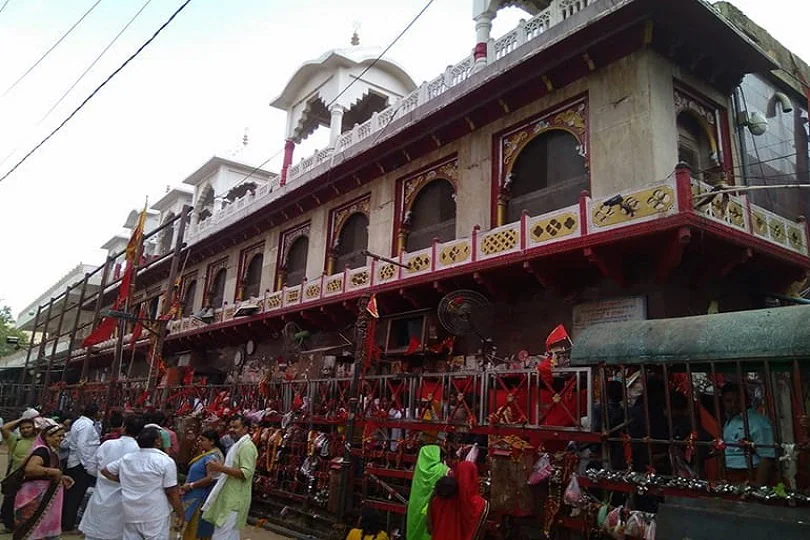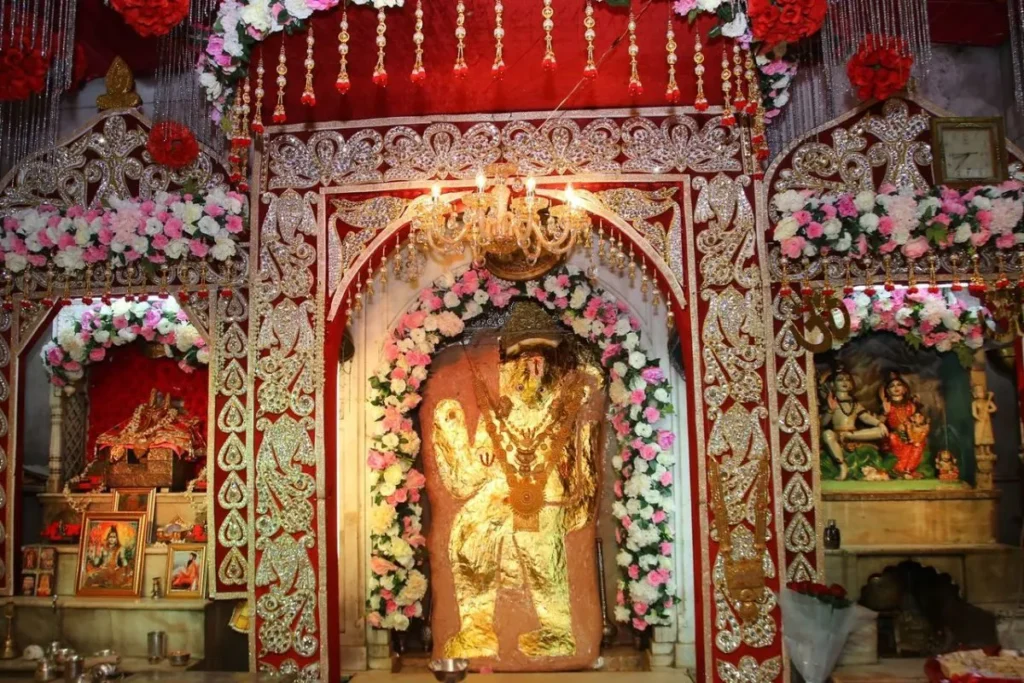
Mehandipur Balaji Temple
Table of Contents
India, a land of diverse spiritual practices and vibrant traditions, is home to numerous temples that draw devotees from all walks of life. Among these, the Mehandipur Balaji Temple, located in the Dausa district of Rajasthan, stands out for its unique rituals and profound spiritual significance. Known as a sacred site for exorcism and healing, this temple attracts thousands of devotees seeking relief from supernatural and psychological afflictions. In this blog, we delve into the history, rituals, and spiritual aura of Mehandipur Balaji Temple.
Historical Background
The origins of Mehandipur Balaji Temple are steeped in mystery and legend. The temple is dedicated to Lord Hanuman, revered as Balaji in this region. According to folklore, the temple emerged miraculously amidst the dense forests of Mehandipur centuries ago. Local legends suggest that the deity manifested here to aid devotees in overcoming evil forces and mental disturbances. Over time, the temple gained prominence as a sanctuary for those seeking relief from spiritual distress.
Architecture and Location
Nestled in a serene valley surrounded by hills, the Mehandipur Balaji Temple is an unassuming yet powerful structure. The temple’s simple architecture belies its immense spiritual energy. The sanctum sanctorum houses three main deities:
- Balaji (Lord Hanuman): The presiding deity known for his strength and devotion.
- Pret Raj (King of Spirits): A deity believed to govern spirits and supernatural entities.
- Bhakt Raja (Devotee King): A devout follower of Balaji who assists in the healing rituals.
Unique Rituals and Practices
What sets Mehandipur Balaji Temple apart is its association with exorcisms and healing rituals. Devotees believe that the temple possesses divine powers to rid individuals of negative energies, black magic, and spirit possession. Here are some of the unique rituals observed at the temple:
1. Sankat Mochan Rituals
Devotees bring offerings like black lentils, oil, and sweets to appease the deities. The temple priests perform special prayers and rituals to invoke divine intervention for the afflicted individuals.
2. Arzi Ceremony
The “Arzi” involves devotees writing their grievances and prayers on a piece of paper, which is then placed before the deity. This ritual is believed to channel divine blessings and resolve issues.
3. Exorcism and Healing
The temple is renowned for its exorcism rituals, where individuals believed to be possessed by spirits or afflicted by black magic undergo spiritual healing. These rituals involve chanting of mantras, sprinkling of holy water, and burning of incense to cleanse the individual’s aura.
4. Oil Offerings
Devotees pour mustard oil on the deity’s idol as part of a purification ritual. This practice is said to ward off evil spirits and bring peace to the devotee’s mind.
Code of Conduct for Devotees
The temple follows strict guidelines for devotees to ensure the sanctity of the rituals. Visitors are advised not to consume alcohol, meat, or tobacco before visiting the temple. Photography is prohibited, and devotees are discouraged from touching the idols.
Spiritual Significance
The temple’s reputation as a spiritual healing center has made it a popular destination for those battling emotional and psychological challenges. Many devotees report experiencing a sense of relief and inner peace after participating in the temple’s rituals. The temple’s unique blend of faith, tradition, and divine intervention creates an atmosphere of hope and renewal.
Festivals and Celebrations
The Mehandipur Balaji Temple comes alive during major Hindu festivals, particularly Hanuman Jayanti and Diwali. During these occasions, the temple is adorned with lights and flowers, and special prayers are conducted to honor Lord Hanuman. Thousands of devotees flock to the temple to seek blessings and participate in the festivities.
Travel Information
Location
Mehandipur Balaji Temple is situated in the Dausa district of Rajasthan, approximately 100 kilometers from Jaipur and 40 kilometers from the town of Dausa.
How to Reach
- By Road: The temple is well-connected by road, and buses and taxis are readily available from Jaipur and Dausa.
- By Train: The nearest railway station is Bandikui Junction, located about 30 kilometers from the temple.
- By Air: The nearest airport is Jaipur International Airport, which is around 110 kilometers away.
Accommodation
Numerous guesthouses and dharamshalas near the temple offer basic accommodation for devotees. For those seeking more comfort, hotels in Jaipur or Dausa provide better amenities.
Visitor Tips
- Visit the temple early in the morning to avoid long queues and crowds.
- Follow the temple’s rules and maintain decorum during rituals.
- Avoid buying offerings from unauthorized vendors outside the temple premises.
- Respect the sentiments of other devotees and refrain from unnecessary chatter.
Conclusion
Mehandipur Balaji Temple is more than just a place of worship; it is a sanctuary of hope, healing, and spiritual rejuvenation. For those seeking solace from life’s struggles or battling inner demons, this temple offers a path to redemption and peace. Whether you are a devout believer or a curious traveler, a visit to this temple is bound to leave a lasting impression on your mind and soul. As you leave the sacred premises, you carry with you the essence of faith and the blessings of Balaji, empowering you to face life’s challenges with renewed vigor and positivity.


